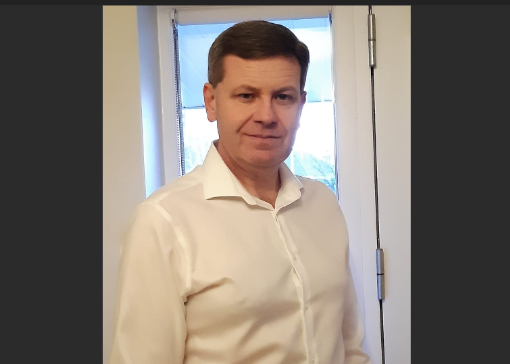Prof. Patrick Paul Walsh is the Vice President of Education and Director of the SDG Academy at the UN Sustainable Development Solutions Network (SDSN). He is on secondment from University College Dublin where he remains a full Professor of International Development Studies, Director of the UCD M.Sc. in Sustainable Development in partnership with the SDG Academy and President of the Statistical and Social Inquiry Society of Ireland. He received a Ph.D. in Economics from the London School of Economics and Political Science. He is a Government of Ireland Fellow, Marie Curie (Brussels) Fellow, IZA (Bonn) Fellow, RSA (London) Fellow, EIIR (Brussels) Fellow and REPOA (Tanzania) fellow. He has held academic positions in Trinity College Dublin, K.U. Leuven, Harvard University and Columbia University. He has also held positions in the UN, European Commission, IMF and World Bank. His current focus is on Sustainable Development Education informed by science, practice and policy.
The Role of Global Citizenship Education in the Future We Want to Create
Date: Tuesday, 17 September, 1.00 – 2.00pm, Irish time/2.00-3.00pm, CET
Location: Online via Zoom
Bridge 47 and the Irish Development Education Association (IDEA) invite you to an online side event on the eve of the UN Summit of the Future on Tuesday, 17 September, 1.00 – 2.00pm, Irish time/2.00-3.00pm, CET.
A panel of distinguished international speakers will discuss the role of Global Citizenship Education in the future we want to create in the framework of the Pact for the Future, which is to be signed during the UN Summit of the Future on 23 September 2024.
Humanity is at a crossroads. The world is changing at an ever-increasing pace. We are facing unprecedented global challenges that require global and local solutions: increasing inequality and injustice, climate breakdown, genocides and war, rising fascism, authoritarianism, deterioration in human rights, crisis of multilateralism, crisis of legitimacy of universal human rights law and international humanitarian law.
How can we ensure that people are equipped with the knowledge, skills and values needed to come together to solve and mitigate these challenges? How do we ensure everyone feels like they belong to the global human community? How do we ensure they are invested enough to change the behaviours and choices needed, in their respective roles and responsibilities?
The Pact for the Future that is to be endorsed and signed at the UN Summit of the Future on 23 September 2024 commits to achieving “quality, inclusive education for all and lifelong learning”. It does not specify however what the content of this education and learning should be. In addition to universal education which addresses literacy and numeracy, we must prepare future generations with the knowledge, skills and values to deal with the world they are inheriting. Global citizenship education is essential for a sustainable future, as UNESCO and Agenda 2030 for Sustainable Development attest. The aspirational goals set out in SDG target 4.7 could make education truly transformative. Looking at the global policy framework, this event will explore opportunities to ensure we achieve quality, inclusive global citizenship education and lifelong learning for all. We will also discuss potential solutions to the challenges in implementing these policies globally.
These questions will be debated and answered by international speakers and an online audience on the eve of the UN Summit of the Future.
Guest speakers are:
Prof. Patrick Paul Walsh, Vice Director of Education & Director of the SDG Academy, UN Sustainable Development Solutions Network; Professor of International Development & Director of the M.Sc in Sustainable Development, UCD.
Prof. Leonardo Garnier, former Special Adviser to the UN Secretary-General for the Transforming Education Summit. Former Minister of Education in Costa Rica.
Temilade Salami, Founder and Director, EcoChampions, Nigeria and Africa-wide. Youth Leader, Global Partnership for Education.
This event will be moderated by Mr. Rilli Lappalainen, CEO, Bridge 47.
Registration for this event is now closed!












